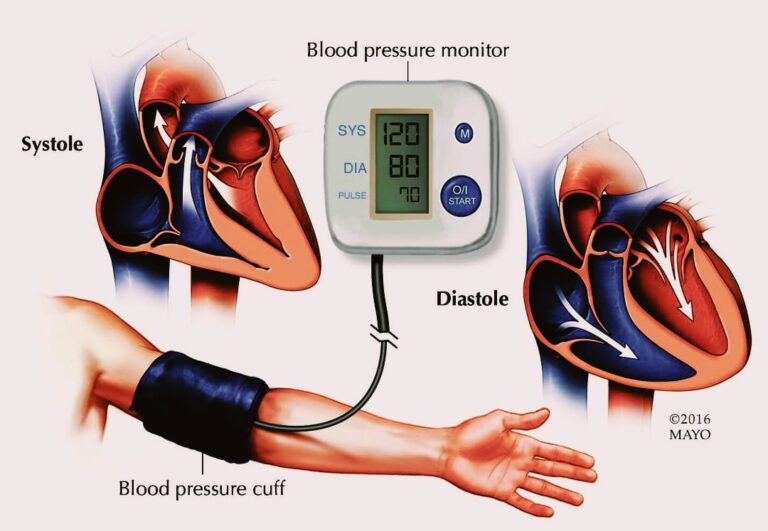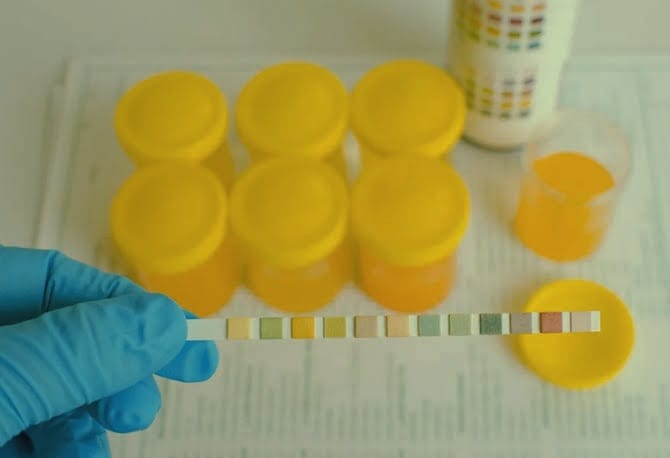Urine problems during Pregnancy
The body changes in a number of ways during pregnancy to make room for the developing baby. Expectant moms may experience frustration and discomfort because of these bodily changes, which may sometimes result in different urinary difficulties. This article will discuss some typical problems with urine during pregnancy and provide management advice.
Enhanced Urination
The frequency of urine increases during pregnancy, and this is one of the most obvious changes. This results from the expanding baby pushing on the bladder and the uterus’s expanding size. The baby’s growth and development need the increased output of pee.
UTIs or urinary tract infections
During pregnancy, urinary tract infections (UTIs) are a prevalent issue. Pregnancy-related hormonal changes might compromise the body’s defenses, increasing the risk of urinary tract infections (UTIs). Urinating more often, experiencing burning or discomfort, and having urine that smells strongly are all signs of a urinary tract infection (UTI) during pregnancy. It is critical that you get medical help if you encounter these symptoms.
Symptoms of UTI during Pregnancy
- Different urine color usually yellow
- Strong smell
- Burning or discomfort when urinating
The inability to urinate
Another typical problem that arises during pregnancy is urinary incontinence. Urine leaks may result from the developing baby’s increasing strain on the bladder. This may happen when you sneeze, cough, or engage in physical activity. While it may be transient and go away once the baby is delivered, urinary incontinence during pregnancy should always be discussed with your healthcare physician.
Kidney problems During Pregnancy
Advice for Handling Problems with Urine during Pregnancy
1. Remain Hydrated: Getting enough water will help wash away germs and avoid urinary tract infections. Try to consume eight glasses of water or more each day.
2. Urinary Tract Hygiene: Take frequent showers and follow appropriate hygiene practices, such as wiping after using the restroom from front to back. By doing this, microorganisms in the urinary system will be kept out.
3. Do Kegel exercises: Kegel exercise includes stretching of arms, legs and back. These exercises may help to strengthen the muscles that support the bladder, known as the pelvic floor. Urinary incontinence may be avoided by regular contraction and relaxation of these muscles.
Alkalization of urine
4. Dress Loosely: Avoid form-fitting attire that might impede blood flow and aggravate the bladder. Wear comfortable, loose-fitting attire, particularly at night.
5. Speak with Your Healthcare physician: It’s important to speak with your healthcare physician if you are having severe or ongoing urinary problems. They may provide you individualized guidance and support in symptom management.
Conclusion
For the health and wellbeing of the mother and the unborn child, it’s critical to comprehend and treat urinary problems throughout pregnancy. Expectant moms may manage these urinary changes with ease if they are aware of the frequent problems, remain hydrated, maintain excellent hygiene, and seek medical assistance when needed. Recall that things will improve when the baby is delivered and that this is only a brief stage.







